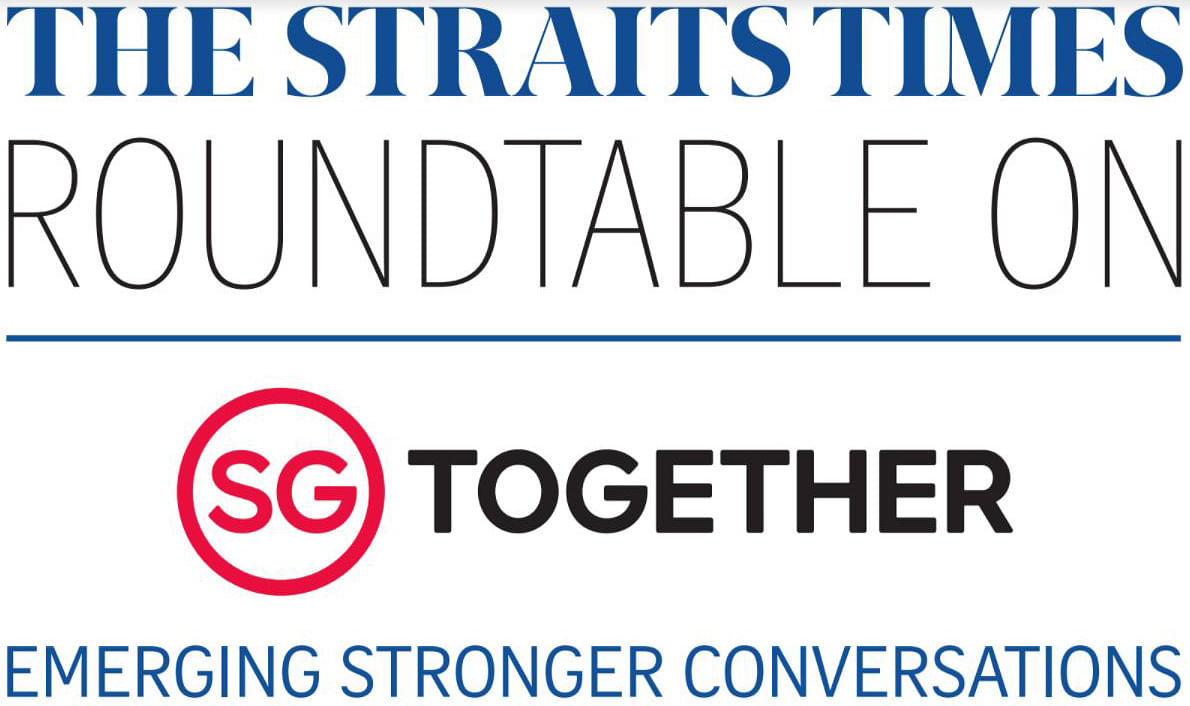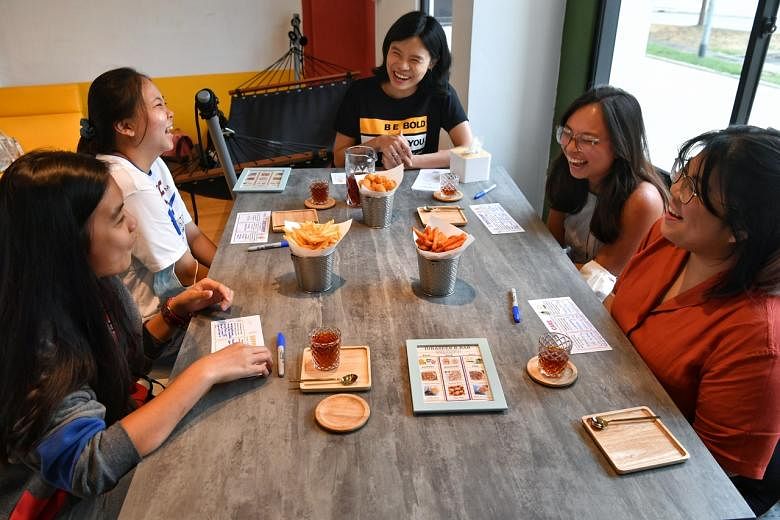SINGAPORE - Admitting to having mental health problems has never been easy due to the stigma associated with them, but talking about the issue has become even more pressing, given the stress and isolation that Covid-19 has brought.
A group of young Singaporeans, who have come together in an alliance on mental well-being, hopes to make such conversations easier, and will put out a publication for parents that focuses on how they can speak to their children about mental health.
The Youth Mental Well-Being Network is one of the Alliances for Action (AfAs) set up following the Emerging Stronger Conversations (ESC) engagement exercise, and the publication is one of its projects.
It will cover areas like cyber bullying, online sexual harassment and other issues that young people face, with the end goal of making it easier for teenagers and young people to speak to their family about mental health issues.
In all, the alliance, which is made up of more than 1,000 people and also includes service providers and government agencies, has come up with ideas for about 40 potential projects.
Dr Gillian Koh, deputy director for research and senior research fellow at the Institute of Policy Studies, who was involved in the ESC, said in focusing on the common purpose, the groups were able to build trust and let go of their suspicions of each other.
Elaborating, she said that service providers were drawn into the Youth Mental Well-Being Network to provide some domain expertise, but there were volunteers who were suspicious of their intentions and wondered if they were getting involved just to promote their services. "You break it down, it's really about whether we are all motivated to achieve a common purpose," she said.
Noting that AfAs are still in their nascent stage, she added: So they are also learning by doing and getting to know each other."
On how AfAs are different from ground-up initiatives, Dr Koh said having the Government in the mix allows people to get answers faster. "Previously, citizens will say, wait, do you think the Government will allow this, or do you think we need a licence?"
"Having everybody in the mix, including a government representative, in addition to all the citizens... it's much faster that way, rather than: 'We are all very far away from each other, you're across the wall and I have to shout and I don't know if I'll just be a voice in the wilderness," she added.
Such alliances function as sandboxes of sorts, where people interested in creating change or doing something completely new can have the space to do so, she said.
Calling on people to take part, she said: "No effort too small, just chip in... That's what the young people are saying: Get rid of compartments and silos and just try and see how we all fit together in different ways. So everybody is equal, but different, and that diversity should be harnessed."
Several readers also sent in questions on the AfAs and their topics.
One asked how digitalisation could even be considered when some nonprofits are struggling with basic things like volunteer management and fund-raising.
Ms Indranee said the Government has various schemes to help.
"Once you are online, you have broadened your reach exponentially both for raising funds as well as for getting volunteers," she said, encouraging smaller groups to approach the relevant agencies. "They will point you in the right direction, set up your AfAs, and then we'll be able to channel volunteers to you," she added.

Other readers asked about better support for persons with autism as well as day activity centres for those with special needs.
National Volunteer and Philanthropy Centre chief executive Melissa Kwee said activities and jobs could be designed to be more inclusive and empower them.
She gave the example of how instead of delivering food to seniors at home, one group invited them down to take part in preparing, cooking and serving food.
"It created a community, you had seniors helping seniors, it reduced isolation," Ms Kwee added.
A reader asked about speeding up change from people who are good at maintaining systems to people good at creating ideas.
Ms Indranee said there is a need for a national system, but also for a flexibility that allows for nimbleness and responsiveness. "You do need to have some guidelines, but that experimentation in a small group is very, very helpful."


